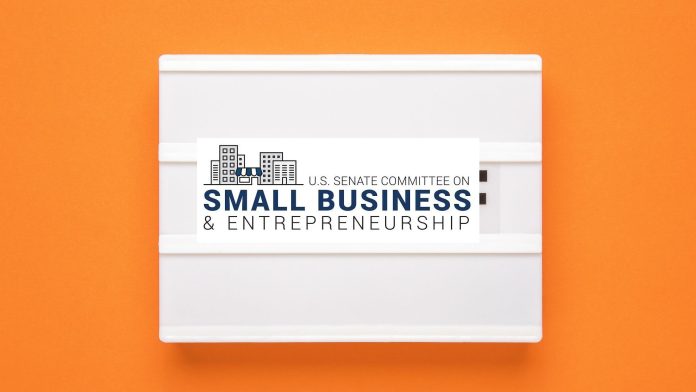In a landmark ruling that could reshape the future for small businesses, the U.S. Court of International Trade has deemed President Trump’s extensive use of emergency tariffs as exceeding his legal authority. This decision comes as a significant victory for small business owners, many of whom have felt the pinch of rising costs and uncertain market conditions.
Ranking Member Edward J. Markey (D-Mass.), the lead Democrat on the Senate Small Business and Entrepreneurship Committee, expressed the gravity of the situation for Main Street businesses. In his statement, he emphasized the financial strains that the tariffs have imposed, stating, “Trump has been playing games with small businesses and our economy long enough. Trump’s tariffs cost Main Street businesses billions of dollars, raising costs and putting jobs at risk.”
For many small business owners, this ruling offers a glimmer of hope in a landscape marked by unpredictability. Markey noted, “For small businesses trying to plan for the future… this decision provides much needed hope.” The sentiment reflects a shared struggle among entrepreneurs who have encountered the harsh impact of these tariffs, often feeling squeezed between rising supply costs and the need to maintain pricing for their customers.
The implications of this ruling extend beyond mere legal jargon; it signifies a potential shift in policy that small business owners may no longer have to navigate the weighty burdens of tariffs placed without proper legal backing. Small enterprises, often more vulnerable to economic fluctuations than larger corporations, have been disproportionately affected. Many mom-and-pop shops across the nation have reported diminishing margins, with costs climbing as supplies become more expensive due to tariffs.
Markey has been advocating for the “Small Business Liberation Act,” which sought to exempt small businesses from these tariffs. His proposition aimed to provide much-needed relief, enabling small enterprises to operate with a clearer understanding of their financial landscape. However, Senate Republicans recently opposed this legislation, leaving small business owners still vying for the support they desperately need.
As small business owners consider the practical applications of this ruling, there are key benefits to explore. With the possibility of reduced tariffs ahead, business owners could experience decreased operating costs. This could allow them greater flexibility to invest in growth opportunities, such as expanding their services, hiring additional staff, or even upgrading their technology. Furthermore, a stabilized trade environment may lead to more consistent pricing models, enabling them to plan and budget effectively.
Yet, potential challenges remain. Despite the court’s ruling, uncertainty looms as the Trump administration may pursue an appeal. This ongoing legal battle may further complicate the landscape for small business owners. The threat of reinstated tariffs could hinder long-term planning and growth strategies. Business owners may need to stay vigilant, monitoring continuing developments closely.
Markey’s remarks resonate with the sentiments of many small business entrepreneurs who see tariffs as not merely a financial burden but as a barrier to their survival. “Trump has already turned Main Streets across the country into Pain Streets… It was never Liberation Day for small businesses – it was Obliteration Day,” he stated.
As these developments unfold, small business owners are urged to remain proactive. Engaging in dialogue with local representatives and participating in advocacy efforts could prove instrumental in shaping a more favorable environment.
The journey toward stability and growth may still face hurdles, but the ruling provides a platform for renewed discussions around the support small businesses need to thrive. For more insights and updates, visit the original announcement here.
Image Via Envato: margaritaylita



